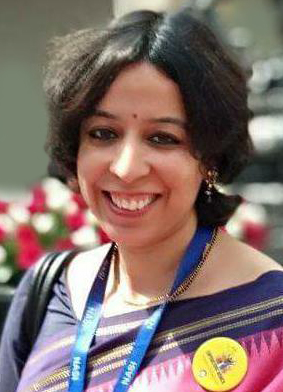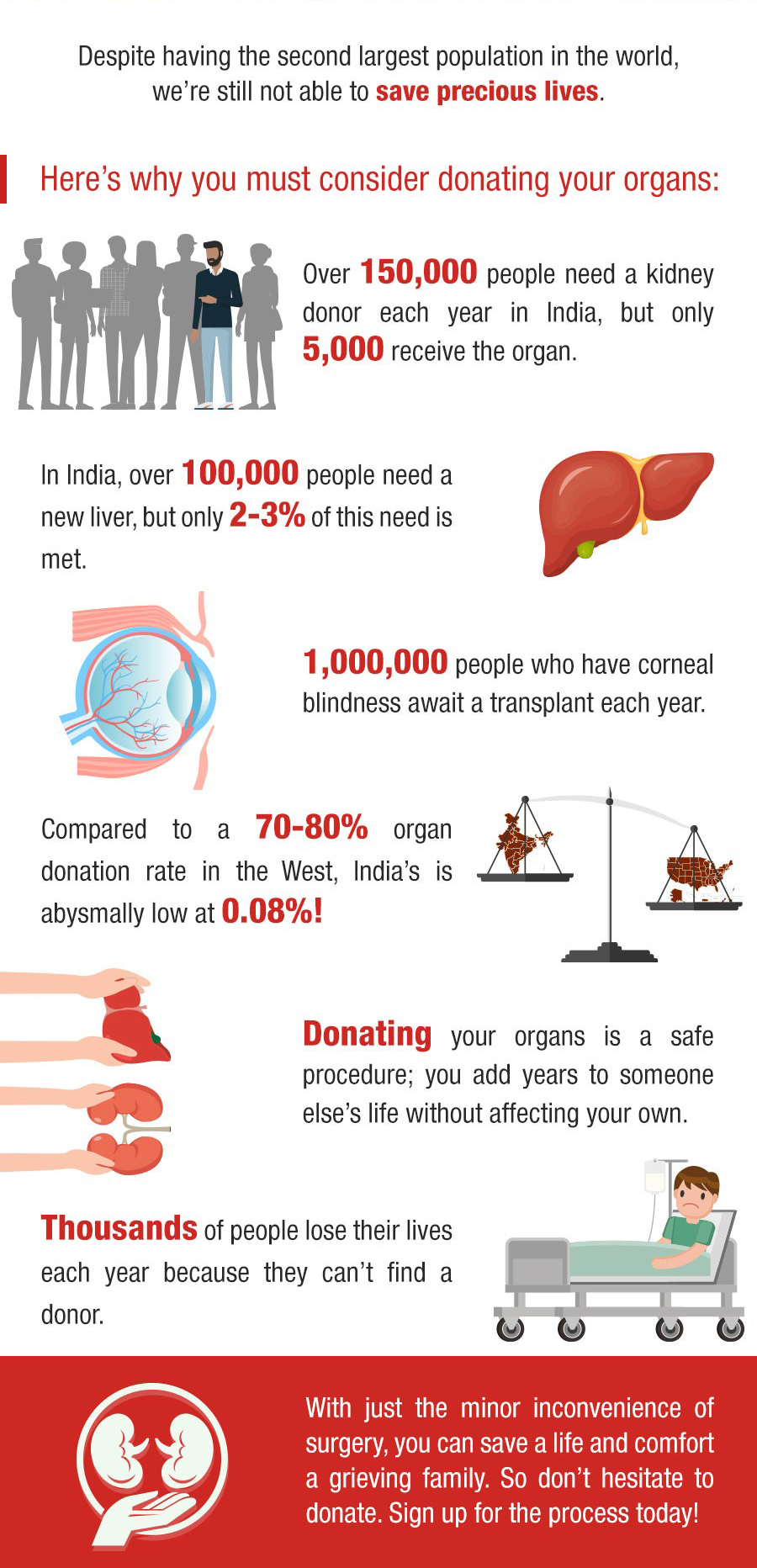India’s status in organ donation globally

 Dr. Smiriti Sharma |
According to a report by Global Observatory on Donation and Transplantation (GODT) website, the rank of India is third in the world in organ donation and transplantation after USA and China because the total number of organ transplants done per year in the country has increased to 12,746. This increase is 4,990 in the year 2013 to 12,746 in the year 2019 and India now ranks third in the world only behind USA and China. There is an urgent need for organ transplants as about 0.5 million people in India die every year from waiting for organs. This is exacerbated by the fact that only 0.01% of Indians give consent to donate their organs after their death. This is strange as India is a country where the concept of ‘Daan’ is ingrained in our culture. The mythological stories of India are rife with examples such as maharishi Dadhichi who donated his body for others, Daanveer Karna and Raja Shibi, and countless other stories that makes India a country where Daan is the other way of life. Despite this, our performance on the global front on organ donation is abysmal and there is a huge gap in demand and supply.
The single most reason for this is the lack of awareness. Things are changing slowly as the Government of India is taking an active interest in this field. For instance, in 2019, the Government of India executed the National Organ Transplant Programme having a budget of ₹149.5 crore (US$21 million) for the promotion of deceased organ donation.
For organ donation, consent is given either by the donor while they’re still alive, or after death by their Next of Kin. The organ is recovered, or ‘harvested,’ before being transplanted into the recipient in need.
The data shows that in response to the demand for 1.75 lakhs of kidney transplants, there are only 5000 transplantations. In addition to that, 50,000 people die of terminal liver disease but only 1000 got liver transplantation. This becomes difficult when it comes to organs like hearts and lungs, where the situation is much worse.
Compare the organ donation rates in India which is 0.01 percent compared to a small countries such as Croatia’s which is 36.5 percent and Spain’s which is 35.3%.
A brain-dead person can save the lives of up to eight people who are suffering from end-stage organ failure. Just imagine that if we are able to manage India’s donation rates to one donation per million deaths, we would be able to completely meet the organ requirement of India.
The Government of India has made the process of registration for organ donation easy. Any person willing to donate his/her organs can do so by filling out the donor consent form available on the Ministry of Health and Family Welfare, Government of India website.
However, guidelines should be framed so that the official paperwork should be more donor-friendly and convenient. There should be more synergy between NGOs and healthcare providers.
Looking at these data, our responsibility as a society increases. We all must understand that this individual decision of organ and body donation will lead to the collective good of society. To this end, our NGO Dadhichi Deh Daan Samiti is working for the past 20 years for the promotion of organ and body donation in Delhi & NCR. We are motivated by the Vedic hymn, “Sarvae Santu Niramaya” meaning that all living beings be free from diseases. Awareness is the key and the Samiti, motivates the people to pledge their organs-body for donation after death. It also registers willing persons as donors of their organs-body after death and issues certificates and I-cards to them upon registration. We have ensured donation after receiving information from the family in cent percent cases. Our volunteers are present with the family during the donation process to ensure smooth hassle-free donation and to give moral support to the bereaved family. The role of Dadhichi Deh Daan Samiti to find a solution to this problem of lack of transplantable organs is praise-worthy and they are contributing in a major way to the dream of a ‘Swastha Sabal Bharata’.


